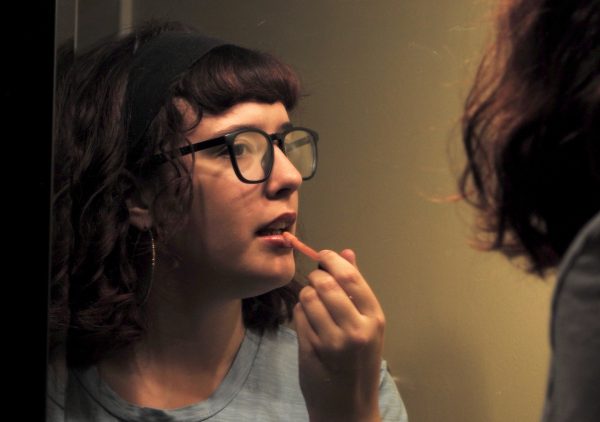The effort toward equity
Seminole County faces pressure to reform discriminatory policies as Ruth Project initiatives gain traction.
Ruth Project founder and executive director Julia Squitteri and senior Jasmine Kaur stood before five Seminole County School Board members, the superintendent, and the school board attorney. Their goal: to demand complete reform to the Seminole County dress code, a policy long-abhorred because of its restrictions regarding student attire, through the Ruth Project.
“We only received three minutes to voice our opinion, but it felt really nice to be able to stand up and let people know about the problems with our dress code,” Kaur said.
The Ruth Project had previously managed to remove the word “cleavage” from the Seminole County student dress code at the beginning of July, but many of the other amendments that they suggested during their meetings with the Student Conduct Committee were largely ignored, as the policy still prohibits tube tops, backless dresses, and other traditionally feminine items.
“The school board meeting was really a matter of accountability for not removing some remaining gender-discriminatory language,” Squitteri said.
Putting public pressure on the Seminole County School Board was the most recent of a series of efforts to legitimize the Ruth Project’s fight towards gender equality. Before Squitteri’s appearance at the school board meeting, the organization’s directors had started a mentorship program, in which students would become active participants in starting initiatives within their school districts.
“I wanted to take it further and teach leadership, intersectionality, self-advocacy, and sexual harassment prevention,” deputy director Neda Kadivar said. “I couldn’t teach topics like these in a classroom, but I could give them to the mentees that joined.”
The mentorship program, coupled with the Ruth Project’s strong use of social media, has created an influential group that is now able to operate on a national scale. The Ruth Project currently has members ranging from California to Europe, and initiatives similar to the SCPS dress code reform have been started across the nation with the remote help of the organization’s leaders.
“We went viral on TikTok, and that was really what jump started us into growth,” Squitteri said. “We went global pretty much overnight, and going through that experience transformed a localized organization with members mostly in central Florida to a global organization with hundreds of members.”
Since its creation, the organization has expanded far beyond the injustices of school dress codes, and initiatives in Texas and Florida have been created to amend statewide policies that are too broad to legally protect students from sexual assault. According to Squitteri, the Florida Civil Rights Act and Texas Senate Bill 212 have the potential for reform according to the initiative.
“These laws talk about sexual harassment, but it is really centered in the workplace,” Squitteri said, “and we want to address sexual harassment as an epidemic in education.”
Although policies restricting sexual assault are scarce within state government, it is addressed within Title IX, a federal law that prohibits sex-based discrimination under any education program. The Office for Civil Rights states that Title IX obligations also include “sex-based harassment, which encompasses sexual assault and other forms of sexual violence.” This means that schools are obligated to tend to reports of sexual harassment that have occurred between anyone in relation to SCPS, I bc lauding teachers, students, and staff. Although these obligations were intended to “support” victims of sexual assault, the system by which these reports are assessed has a tendency to hold victims, rather than the offenders, accountable.
“One of the questions on the [SCPS] harassment reporting form was, in fact, ‘Why do you think you were harassed?’,” Kadivar said, “so a student would literally have to answer with ‘I think I was harassed because of the clothes I was wearing, because of my ethnicity, because of who I am.”
The Ruth Project is still an organization in its youth, only having been operational for the past year, but Seminole County schools have already begun to feel pressure to amend its policies.
“We have had more dialogue regarding issues that deal with gender equality on campus and we need to continue to turn these discussions into actionable items,” said principal Robert Frasca.
The organization will continue to support young women through its initiatives, mentorship program, and social media, as well as encourage students to advocate for themselves and against equality.
“You have an opinion that nobody else can give, and you have a perspective that nobody else has,” Kadivar said, “and both those things are what you’re going to harness when speaking up about gender equality.”
Your donation will support the student journalists of Hagerty High School. We are an ad-free publication, and your contribution helps us publish six issues of the BluePrint and cover our annual website hosting costs. Thank you so much!






